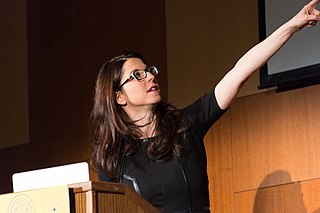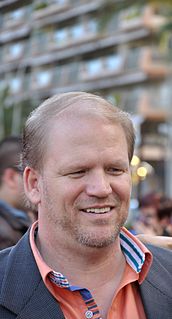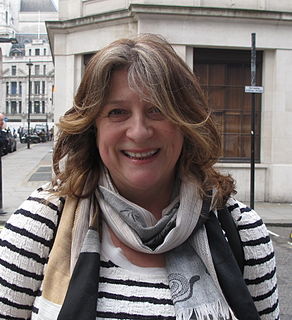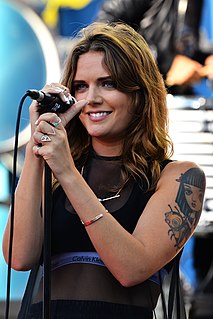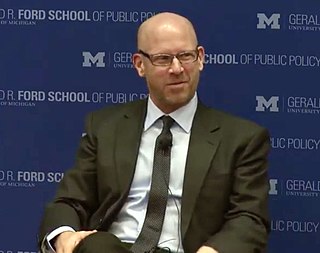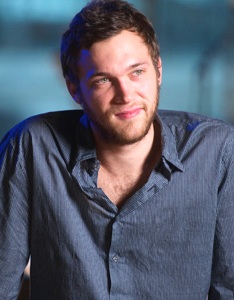A Quote by Maia Szalavitz
Love is great and it does help a lot of people, but a lot of people do have things like depression or schizophrenia or bipolar disorder or other disorders, all of which will need to be addressed in order for people to stay in long-term recovery.
Related Quotes
I learned that I suffered from bipolar II disorder, a less serious variant of bipolar I, which was once known as manic depression. The information was naturally frightening; up to 1 in 5 people with bipolar disorder will commit suicide, and rates may even be higher for those suffering from bipolar II.
It happens that there are a lot of people who are very talented who also happen to have a mental disorder. A lot of the mental disorders are initially things that are adaptive. Like even OCD, it's good to sort of have structure and have certain rituals but when it gets to be extreme then it becomes problematic.
We have a lot of people that are oppressed. We have a lot of people that aren't treated equally, aren't given equal opportunities. Police brutality is a huge thing that needs to be addressed. There are a lot of issues that need to be talked about, need to be brought to life, and we need to fix those.
When I was diagnosed with bipolar disorder the year I turned 50, it was certainly a shock. But as a journalist, knowing a little bit about a lot of things, I didn't suffer the misconception that depression was all in my head or a mark of poor character. I knew it was a disease, and, like all diseases, was treatable.
In some ways I think it [the strike] was important. I'm not sure that "worth it" is the right term, but it was important. A lot of people lost a lot of things - I was greatly concerned for our crews. Those are the people who really sort of paid. A lot of us in quiet ways did everything that we could to help people pay mortgages.
My mother was quite poorly. She suffered from bipolar disorder, which at that time was called manic depression. She spent a lot of time in psychiatric hospitals, and my father was away a lot with the RAF and then with his job in civil aviation, so I was raised in part by my sisters and my godmother, Sylvia.
I'd like to see feminism really be more loving. Feminists have a lot of righteous anger, and have done a lot to fight for rights. But we need a lot of love and compassion - to embrace people, to educate people. I wasn't a feminist until l I was educated about what it was. I would love to see men attend, and transgender people. Everyone is welcome.
There's a lot of responsibility involved in sharing a very personal story with a lot of people, and it's easier for others not to know about things - and I know that. But in terms of the general climate, socially, these are things people have to deal with on a daily basis. We hear so many negative stories but rarely do we get positivity. We have memes of cute cats and puppies and things like that, but if they didn't exist, people would be a lot more unhappy. We need more things like that.
I like the fact that a lot of people get to hear the music and I love performing with people cheering you on and you're feeling the love for what you're doing, but there's also the other side where if you give away as much personal information as I do it's hard not to take it personally when people are saying mean things about you. But I try not to read any comments. Right now I'm just feeling a lot of love.
When I taught writing classes to psychiatric patients, I met people whose stories of manic highs and immobilizing lows appeared to be textbook descriptions of classic bipolar disorder. I met other patients who had been diagnosed with myriad disorders. No doctor seemed to agree about what they actually suffered from.


